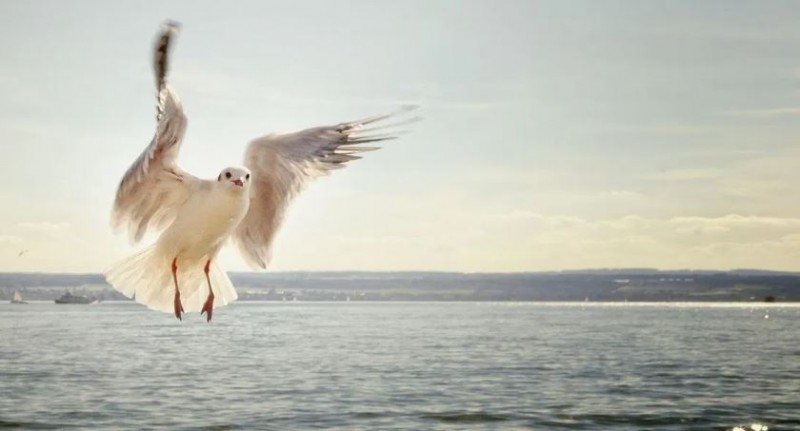
Birds are often a sight to behold, their chirping melodies captivating to anyone's ears. Waking up to the sounds of birds in the morning can instantly uplift one's mood, providing a refreshing start to the day. However, amidst the beauty of these creatures, there are some birds whose droppings pose a significant threat to human health.
According to a report by the Daily Star, Paul Blackhurst, Britain's head of pest control, warns that humans should exercise extreme caution around certain bird droppings. He emphasizes the importance of staying away from seagull droppings, which have become highly toxic and can potentially be fatal to anyone who comes into contact with them. It is not just a matter of a few days; avoiding these droppings is essential for weeks. This is because seagull feces can contain harmful E. coli and Salmonella bacteria, which can lead to life-threatening infections.
Scientists caution that dried bird droppings can become airborne and enter human bodies through inhalation, posing a serious health risk. This danger is exacerbated during certain seasons when numerous seagulls roam around residential areas, sometimes even nesting on rooftops. Many people create shelters for these birds on their properties, unknowingly inviting potential health hazards.
A report reveals that an average bird carries more than 60 diseases and bacteria, making them potential carriers of deadly illnesses for humans. These birds host various parasites and insects that can cause problems upon direct contact. Scientists warn that pigeon droppings contain uric acid, which easily stains clothing and can corrode paint, posing a threat to infrastructure. While birds may symbolize freedom and beauty, their droppings can harbor unseen dangers for humans. It is crucial to take precautions and avoid direct contact with bird feces, especially from seagulls and pigeons. By staying vigilant and maintaining hygiene practices, we can mitigate the risks associated with these seemingly harmless creatures.
How India Reaffirms Support for Two-State Solution at UN Meeting
Maruti's Chutku EV surprised everyone! This car ran at a top speed of 200 kmph
India-US Naval Partnership Expands: Kolkata Port Joins Repair Network